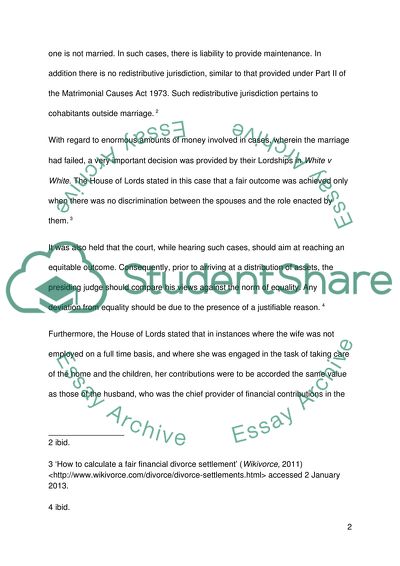Cite this document
(Fairness in Family Financial Arrangements Essay, n.d.)
Fairness in Family Financial Arrangements Essay. https://studentshare.org/law/1791496-4what-does-fairness-mean-in-the-context-of-post-separation-family-financial-agreements-family-law
Fairness in Family Financial Arrangements Essay. https://studentshare.org/law/1791496-4what-does-fairness-mean-in-the-context-of-post-separation-family-financial-agreements-family-law
(Fairness in Family Financial Arrangements Essay)
Fairness in Family Financial Arrangements Essay. https://studentshare.org/law/1791496-4what-does-fairness-mean-in-the-context-of-post-separation-family-financial-agreements-family-law.
Fairness in Family Financial Arrangements Essay. https://studentshare.org/law/1791496-4what-does-fairness-mean-in-the-context-of-post-separation-family-financial-agreements-family-law.
“Fairness in Family Financial Arrangements Essay”. https://studentshare.org/law/1791496-4what-does-fairness-mean-in-the-context-of-post-separation-family-financial-agreements-family-law.


